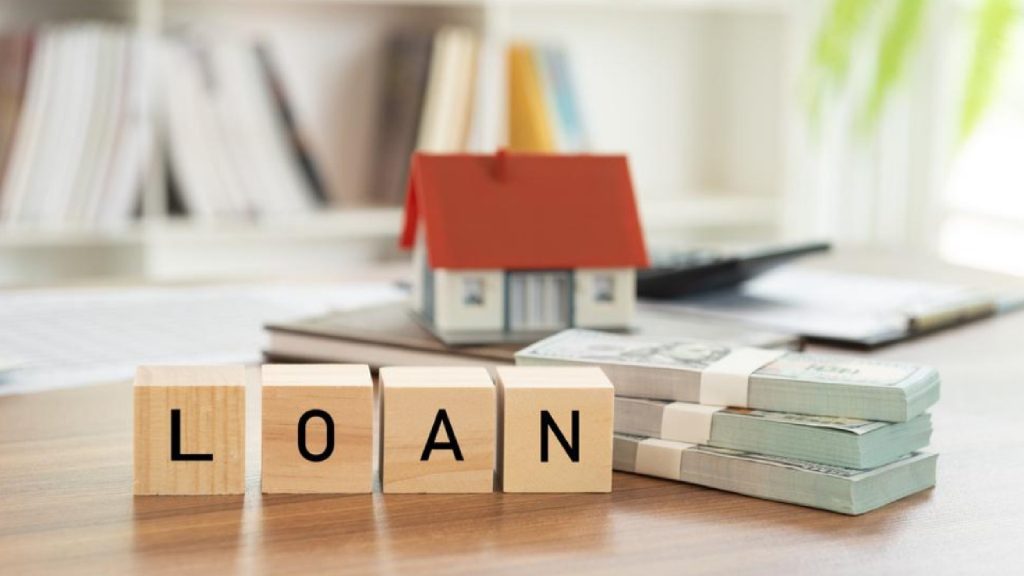### What Documents Are Required to Apply for a Personal Loan?
When applying for a personal loan, the required documents may vary between lenders. However, most lenders typically ask for a standard set of documents to assess your creditworthiness and overall suitability for a loan.
Providing the necessary documentation helps create a comprehensive view of your financial situation, minimizing risk for both you and the lender. In addition to core documents, lenders may request additional information based on the purpose of the loan, ultimately aiming to present a clear picture of your financial standing.
#### 1. Proof of Identification
To verify your identity and ensure you meet legal borrowing requirements, lenders will need a valid government-issued ID. In some cases, a second form of identification may also be required. Generally accepted forms of ID include:
– Valid driver’s license
– Birth certificate
– U.S. passport
– Military ID
– State-issued ID
– Social Security card
– Certificate of citizenship
#### 2. Proof of Income
Personal loans are often unsecured, which means lenders need to confirm that you have a stable income source to repay the loan. Acceptable proof of income documents might include:
– Recent pay stubs (from the past 30 days)
– Copies of tax returns (usually from the last two years)
– W-2s or 1099s (typically for the last two years)
– Recent bank statements (for the past two to three months)
– Current employer verification letter
#### 3. Proof of Address
To confirm your residence and contact information, lenders typically require proof of address. This documentation also helps assess the stability of your living situation. Acceptable forms of proof include:
– Recent utility bill
– Copy of your lease agreement
– Voter registration card
– Mortgage statement
– Bank statement
– Property tax receipt
#### 4. Loan Application
A loan application is a fundamental requirement across the lending industry, although it may differ from lender to lender. The application generally requires personal identification information, income verification, employment history, credit history, and the desired loan amount. Lenders may also inquire about the loan’s purpose and your existing debts.
#### 5. Financial Statements
If you are self-employed or have other income sources, you might be asked to provide financial documentation, such as profit and loss statements, tax documents, or balance sheets, to clarify your financial situation.
#### 6. Social Security Number
Your Social Security number is essential for checking your credit history and credit score. It may also be used to verify your identity, helping to prevent identity theft or fraudulent applications.
### Additional Information You May Be Asked to Provide
Lenders might require extra documentation depending on your individual circumstances. Before your loan is approved, you could be asked about your credit score, employment details, existing debts, the purpose of the loan, and your desired loan terms. This information helps lenders evaluate your creditworthiness and repayment ability.
#### 7. Credit Score
Your credit score reflects your credit history and payment behavior, assisting lenders in determining your creditworthiness. A higher score usually indicates responsible borrowing and timely repayments, making you a more attractive borrower. Lenders will conduct a credit check to assess your score. It may be beneficial to check your credit score beforehand using free annual reports from agencies like Equifax, Experian, and TransUnion.
#### 8. Loan Purpose
Lenders typically want to know how you intend to use the loan. Common purposes include debt consolidation, medical expenses, home improvements, or unforeseen financial emergencies. You might need to provide additional documentation related to your loan’s purpose, such as contractor estimates or admission letters.
#### 9. Desired Loan Terms
When applying for a loan, be prepared to discuss your desired loan terms, including repayment period and payment method. Personal loan terms generally range from two to five years, but this may vary. Keep in mind that longer loan terms usually incur higher interest costs. Lenders may also offer discounts for setting up automatic payments.
### What If You Are Missing Required Documents?
If you’re missing any documents, it’s important to address this issue promptly. Contact your lender for guidance on obtaining the necessary documents or to discuss alternative solutions. Failing to provide required documents could lead to your loan being denied.
### How to Apply for a Personal Loan
Once you decide to apply for a loan, gather the required documents. To initiate your application, follow the lender’s instructions, typically available on their website, over the phone, or in person at a local bank or credit union.
Before submitting your application, compare interest rates, terms, and fees from different lenders to find the best offer. This research may involve requesting loan quotes from multiple sources to identify the borrowing option that aligns with your financial needs.
After making an informed decision, complete the application process by providing accurate information and submitting the necessary documents. Applying with a strong credit score and organized financial records can enhance your chances of approval.
**The Bottom Line**
Keep in mind that each lender has its own requirements for personal loan documents. To facilitate a smooth application process, reach out to potential lenders to clarify their document requirements.
Additionally, comparing multiple lenders before making a final decision on a personal loan empowers you to make an informed choice that fits your financial needs and goals. Following these guidelines can significantly increase your chances of securing a loan with favorable terms tailored to your unique circumstances.

